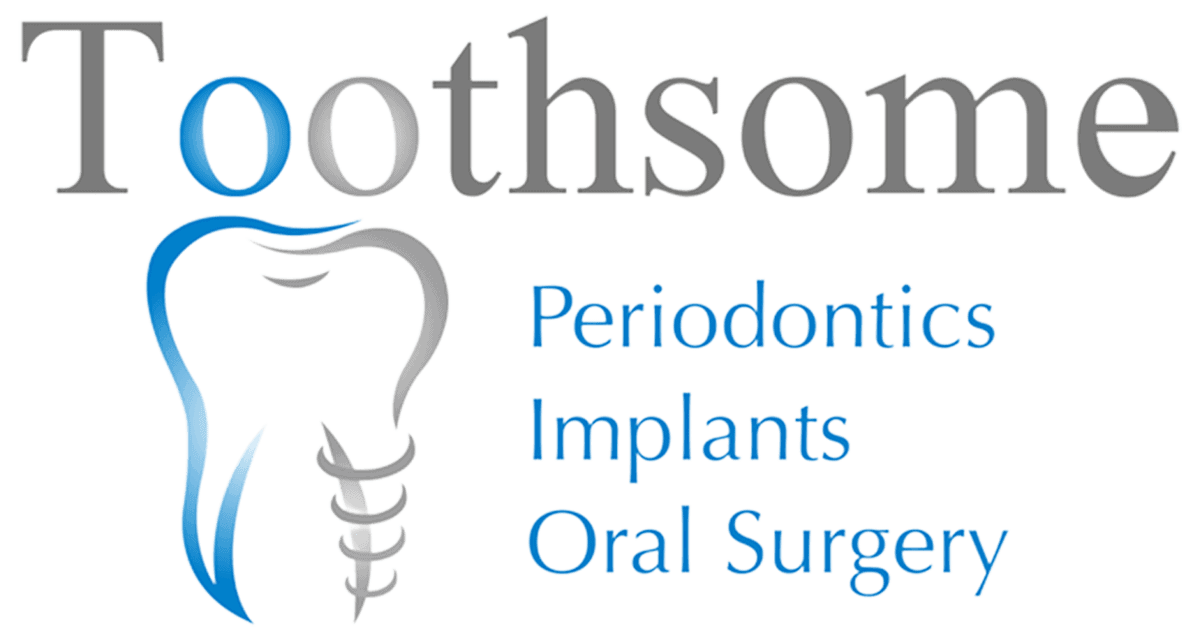
Tooth extraction is a common dental procedure in Australia. During a tooth extraction, your dentist completely removes one or several teeth to improve the health or appearance of your mouth or in preparation for another procedure such as dental implant surgery.
Swelling after tooth extraction is a common side effect of the procedure. It is often not apparent until the day after surgery and reaches its peak 2-3 days after your tooth extraction. Individuals who require complex tooth extractions typically experience more postoperative swelling than patients who only need a simple extraction.
It is important to manage swelling after a tooth extraction because untreated swelling can be uncomfortable and lead to feelings of rigidness in your gums. Learn how to reduce swelling after tooth extraction in order to experience faster recovery after the procedure.
Why Does Swelling Occur After a Tooth Extraction?
After tooth extraction, you are likely to experience some form of swelling in your cheeks and gums. Swelling is your body’s natural response to tissue injury and is part of the healing process. Swelling after tooth extraction is caused by excess blood and other fluids that rush to the damaged tissue after surgery to help your tissue repair itself.
Although swelling is part of the healing process, it temporarily causes painful inflammation and unsightly distortion of the extraction site. Additionally, swelling that is left untreated can cause tissue to become rigid and uncomfortable.
How to Care for Swelling After Tooth Extraction?
There are several simple ways to minimise swelling after a tooth extraction procedure, such as wisdom tooth removal.
- Take Antibiotics
Your dentist may prescribe a course of antibiotics to eliminate any bacteria that could contribute to infection-related swelling. Always take the full course of antibiotics for the recommended duration, and take the correct dose at the same time every day.
Some antibiotics may need to be taken on a full stomach to prevent digestive distress. Discuss how to take your antibiotics effectively with your dentist or pharmacist.
- Take Anti Inflammatory Medication

You can also take over-the-counter anti-inflammatory medications. The medications inhibit your body’s inflammatory response by lowering your immune system’s production of prostaglandins.
Follow the dosage directions on the pack, and avoid taking the medication for more than three days.
If your symptoms persist after the third day, contact your dentist immediately, as it may be a sign of infection.
- Use Cold Therapy
You can also reduce swelling after a tooth extraction by applying an ice pack to your face intermittently for 15 minutes at a time. Cold helps to decrease post-surgical swelling by constricting blood vessels and reducing circulation. Always wrap your ice pack in a cloth, and never apply ice directly to your skin to avoid irritation. Cold therapy only works up to 24 hours after surgery.
- Rest With Your Head Elevated
Your dentist will encourage you to rest for several days following your tooth extraction. When laying down, always put a pillow or cushion behind your head to keep it elevated. Elevating your head promotes better drainage away from the surgical site and reduces the appearance of swelling.
- Eat a Soft Food Diet
Irritation to the surgical site can trigger excessive swelling. For the first few days after surgery, eat a soft food diet consisting of nutrient-dense foods like fruit smoothies, vegetable purees, mashed avocado, yoghurt, lukewarm soup, or porridge. Avoid spicy, acidic, or hot foods.
Why is it Important to Address Swelling After Tooth Extraction?
Although postoperative edema, or swelling, is your body’s natural response to trauma after a tooth extraction, excessive or persistent swelling can cause serious health complications. Persistent swelling can be an indication of a condition called dry socket (alveolar osteitis).
When you have a wisdom tooth extraction, a blood clot forms in the socket and seals off your blood vessels, nerves, and bone tissue from exposure. Frequently touching the surgical site with your tongue, vigorous rinsing, drinking through a straw, or smoking can dislodge the blood clot. This can lead to slower wound healing and osteomyelitis (chronic bone infection).
How Long Does it Take to Reduce Swelling After Tooth Extraction?
When you properly treat swelling after your tooth extraction, you can expect the inflammation and discomfort to be greatly reduced in about seven to ten days. In some cases, it may take up to two weeks for the swelling to completely disappear.
If you continue to experience swelling or pain after this time period, you may need to schedule a follow-up visit with your dentist. If a dry socket develops after your tooth extraction, it should be treated by a dentist.
Continued swelling that is accompanied by a fever or excessive bleeding should also be examined by your dentist, as these indicate a possible infection.
Schedule a Visit for Pre- and Post-operative Care
If you would like to discuss our tooth extraction procedure or you need postoperative tooth extraction care, book a visit with Toothsome at one of our locations.
Contact us on (02) 9158 6637 for Baulkham Hills, (02) 9159 3728 for Sydney, or (02) 8203 8786 for Chatswood to schedule your appointment today.
Note: Any surgical or invasive procedure carries risks. Before proceeding, you should seek a second opinion from an appropriately qualified health practitioner.


